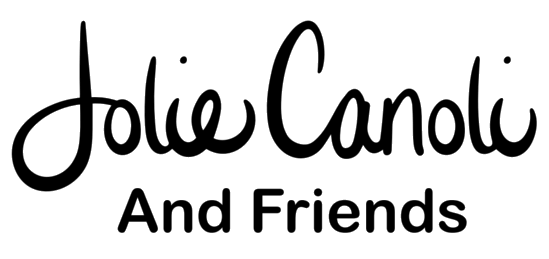Have you found yourself tackling some difficult situations in your life? I assume that since you are a human like me there are some frustrating things in your life that require hard work to overcome. Often the hardest step of overcoming a challenge is the first one–getting the right mindset about your situation. The second hardest part is being consistent! Pushing ahead, day to day, faithfully following through, knowing you will eventually get where you are hoping to be.
Our hero of the day is the Little Engine That Could.
His first step was his mindset.
It was, like the man on the moon, the first step that was a great leap beyond all others. Unlike his predecessors, Little Engine tackled his challenge with hope. The biggest difference between Little Engine and every other train was this mindset.
I think I can.
Next, he had to follow through. Push ahead, keep going, not give up, keep on keeping on! Little Engine maintained his hopeful mindset to push over the high mountain with his heaviest load.
I think I can, I think I can, I think I can.
Faithful follow-through is a rare quality that produces good fruit. God’s faithfulness gives us hope and security in every circumstance. He is reliable, trustworthy, consistent, and always good. His faithfulness ensures that we will see His promises fulfilled at the end of our story.
The Bible says that our faith is a substance; it’s the steam of our engine, the proof in the pudding, the life in our work.
Now faith is the substance of things hoped for, the evidence of things not seen. Hebrews 11:1
That faith in the living God compels us ahead, solidifying us to follow through to completion. Faith is an important part of being faithful. We hold onto truth, setting our eyes on a goal, and press forward because we know that the outcome is worth the effort. We can press on because we believe in what we are called to do, and that even though the road is hard, the outcome is worth our effort.
I think I can, I think I can, I think I can.
As I step into homeschooling another year, I recognize my continual need for steady vision. When teaching 4 kids of different ages, interests, and needs, I can get overwhelmed with the task. It isn’t always easy. But I press ahead because I know that every little step is going to lead me to a full journey. I am not racing them to a finish line; I am guiding them to a full life, guarded by divine purpose and supported in love.
I am building a future.
That kind of work requires the right mindset, and the faithful follow-through. Without the mindset, I will give up before I see the progress. And without the follow-through, it doesn’t matter how great my ideas were, for they never grew feet to make a mark.
“Be faithful in small things, because it is in them that your strength lies.”
-Mother Teresa
Like a little engine, too small for its task, we can complete seemingly impossible tasks because of a God who is able to do beyond all that we ask or think. (Ephesians 3:20-21.)
Set your vision.
Push through.
As you push and huff and puff faithfully, enduring, you will see the other side of that mountain.
I thought I could. I thought I could. I thought I could.
I created a vision casting worksheet to help you get a glimpse of where you are heading and how you want to get there. Check it out below!









